The filmmakers behind Lost and Found held a party at the Gladstone Hotel on Thursday to gather funds for their trip across the ocean, where they intend to reunite people with the objects they lost during the 2011 Japan Tsunami. It sounds like a lofty goal, but many items have been claimed by their original owners already. Nicolina Lanni explained that when her co-director John Choi first thought of the idea a year and a half ago, she thought it was improbable; but a month later, the first object washed up in B.C. Since then, objects of all shapes and sizes have made their way into the hands of beachcombers along the coast line. Nicolina and John contacted the beachcomber community to find out if any members would be willing to part with their newfound treasures in order to return them to their original owners.
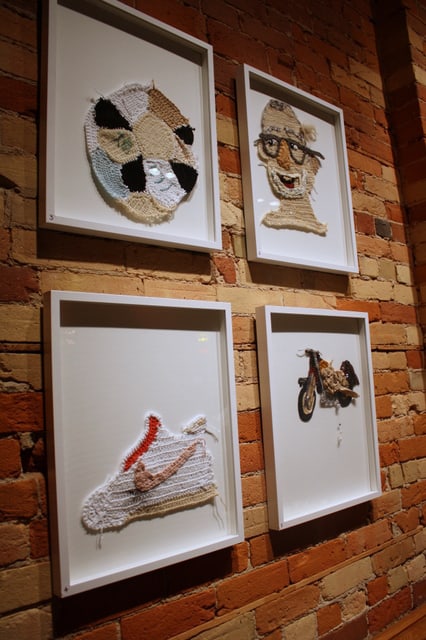
Nicolina said that convincing some of the beachcombers to part with their treasures proved difficult. She explained that beachcombing is a way of life for many people; they take pride in their discoveries and claim ownership over them. ONe beachcomber featured in the film was very wary of forfeiting his finds to the Lost and Found creators; as he says on camera, “Finders keepers, losers weepers.” He is the curator of a beachcomber museum, and his objects make up its catalogue. When he did eventually agree, it was on the condition that he was able to hand deliver the object to the owner in Japan. Nicolina and John have since developed a relationship with many other beachcombers, and had plans to fly out the next morning to the International Beachcomber Conference in Seattle.
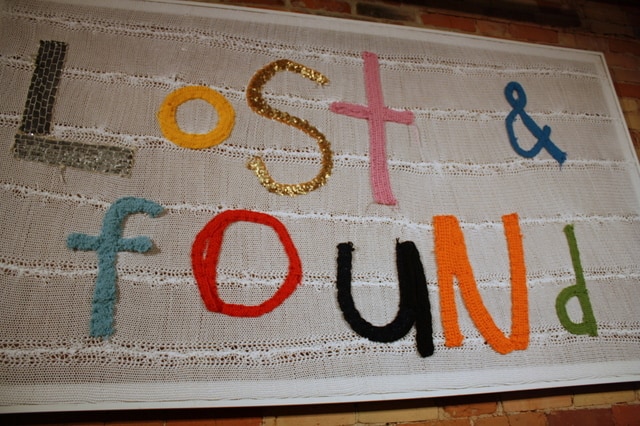
While I was talking to Nicolina at the party, I inquired about how they were able to locate the owners of the found objects. The pieces on display at the Gladstone seemed so anonymous: a soccer ball, a flip flop, a piece of knitwear—how could they possibly find the specific owners of the items? Nicolina told me to look closer at the soccer ball: turns out there was Kanji written all over it. She explained that they translated the writing and traced it back to an elementary school in Japan. Other things like the registration number on the back of motorcycle that washed up in Vancouver have helped trace ownership. Some owners have been discovered using DNA their families provided to the Japanese government. And many items no longer have owners.
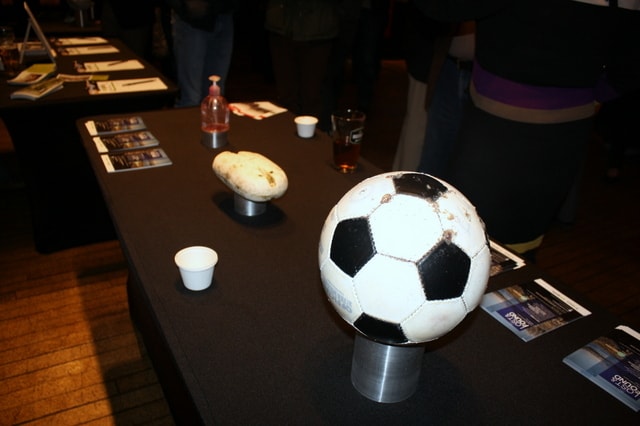
Every item has a truly unique story, as each one represents specific individuals and their families affected by the tsunami. Using Hotdocs‘ crowdfunding programming, Docignite, as well as fundraising from various sources including a silent auction featuring new work by Kathryn Ruppert-Dazai, Nicolina and John plan to tell these stories. The fundraising will support the second half of their film: the journey through Japan to reunite owners with their items. Nicolina and John have started an amazing project whose beauty lies not in the found objects themselves or in the reunion of the objects and owners, but in the unique stories of the Japanese people affected by the tsunami. Hopefully we will be able to hear these stories soon.
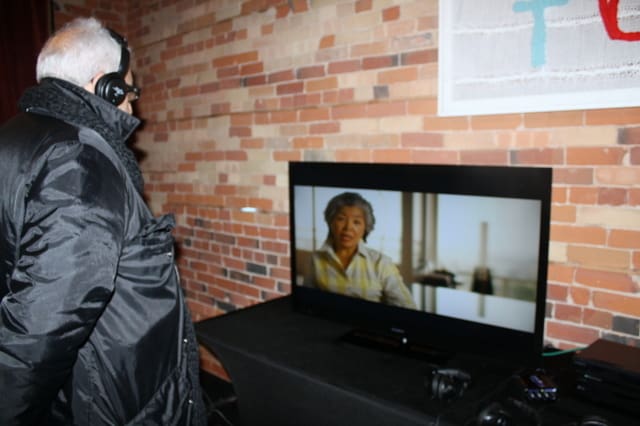
To learn more about Lost and Found, Docignite, and how to help the project continue, check out their website.
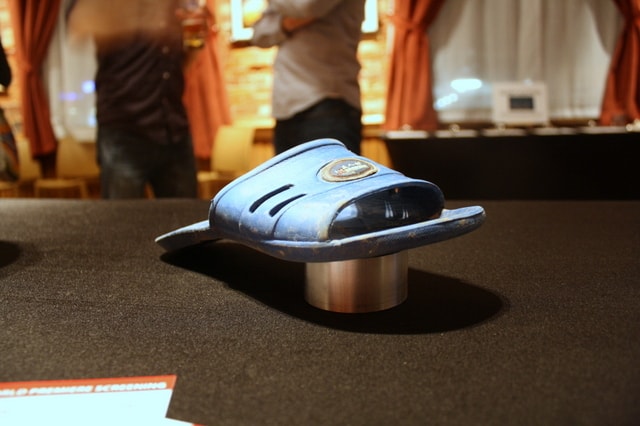


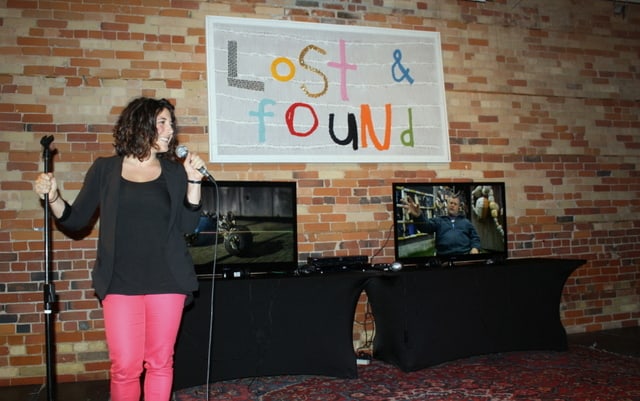
 Follow Us On Instagram
Follow Us On Instagram
